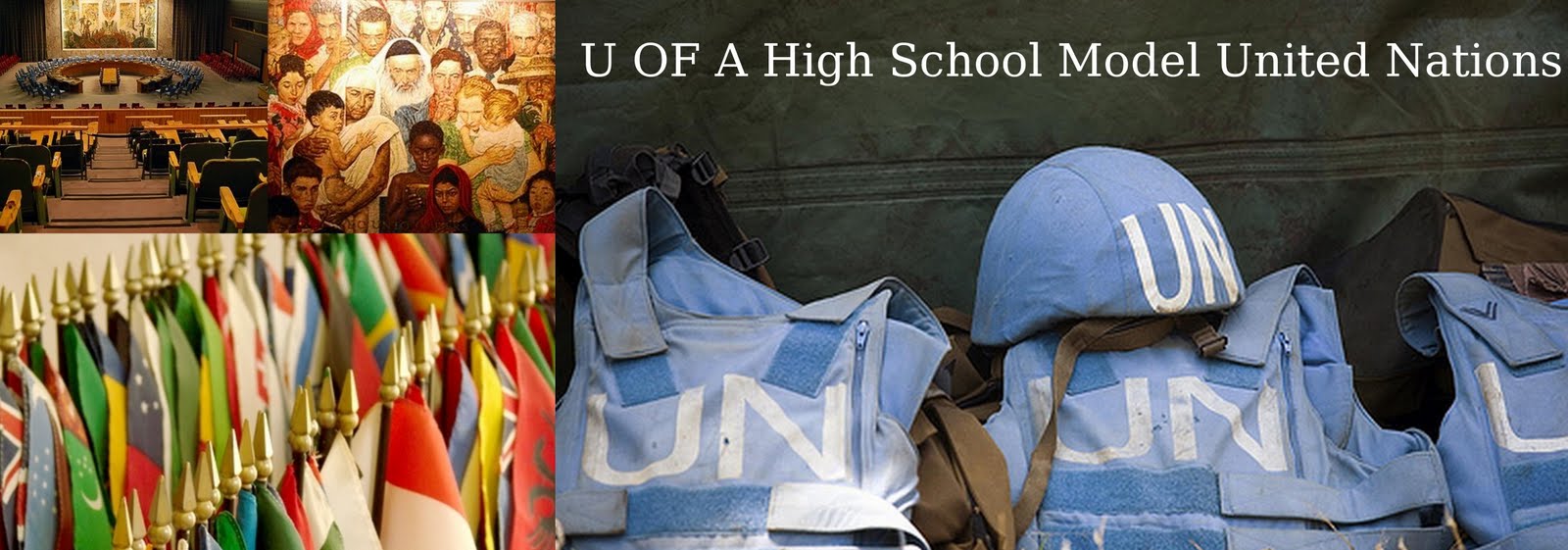This post will mostly be an extension and elaboration on some specific areas of sovereignty. If you guys are looking for a little more ammunition to use in your debates during MUN it will definitely be useful to examine your country's position on the use of intervention. What intervention is, is having an external entity (usually other countries) entering an area with the aims of ending some internal conflict within this area. For the Arab Springs, a great example of this was the intervention of Libya to pressure the leader to step down.
When examining this topic, investigate your country's stance on either participating or accepting interventionist measures as this will greatly influence your arguments should you choose to go this route. This idea (the Responsibility to Protect [or R2P]) has been included in the United Nations in principle, meaning that it has been agreed on by members that it is an important thing to consider but is not binding. Some areas have made it a binding rule, most notably in the AU.
IMPORTANT NOTE: Intervention will not work in all the states in the Arab Springs. In some areas, there may not be violent action or revolution, reducing the need for an intervention. The reason for including intervention in the blog is to give you delegates more options with which to structure debate and your position papers.
I hope this has been full of helpful information. As attache, I am excited to see where your research has lead you and how you argue your country's position.
Carpe Diem all!
"A politician needs the ability to foretell what is going to happen tomorrow, next week, next month, and next year. And to have the ability afterwards to explain why it didn't happen". ~Winston Churchil





No comments:
Post a Comment